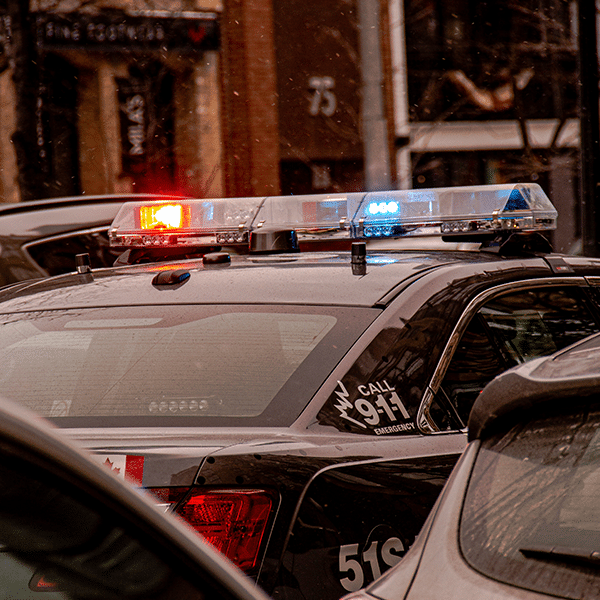FCC Chair Jessica Rosenworcel said today that she is circulating a proposal that would be the first step in reinstating Net Neutrality rules that were overturned under the previous presidential administration. The proposal also calls for broadband access to be reclassified as a Title II communications service –a move that would be necessary to give the commission the authority to impose Net Neutrality rules, but which is opposed by many broadband providers.
“Today, there is no expert agency ensuring that the internet is fast, open and fair,” said Rosenworcel in an address at the National Press Club in Washington, D.C. today.
In a briefing with reporters today, FCC officials said the proposed Net Neutrality rules are similar to those that were put in place in 2015. Those rules were subsequently reversed in 2017.
According to a commission fact sheet, the rules would prohibit blocking legal content, applications, services, and non-harmful devices. They also would prevent providers from favoring some internet traffic over other internet traffic in exchange for consideration.
Broadband providers argue that reclassifying broadband as a communications service would leave it open to rate regulation. They also argue that, despite the current lack of Net Neutrality rules, there have been few, if any, instances of providers blocking or favoring certain traffic.
Rosenworcel disagreed and pointed to two examples. She noted that firefighters in Santa Clara, CA experienced throttling while responding to wildfires. Although she didn’t mention names, that’s a reference to a situation that occurred when Verizon throttled the fire department’s data rate because the department had hit its limit for full-speed data.
Rosenworcel also noted that a Detroit neighborhood of about 6,700 people went without internet connectivity for 45 days during the COVID-19 pandemic.
She noted that “when the FCC backed away from overseeing broadband, the only mandatory outage reporting system we can have in place is focused on long-distance voice outages.”
Rosenworcel also argued that reclassifying broadband as a communications service would enhance cybersecurity, network resilience and reliability, privacy, and broadband deployment.
Provider Associations Have a Different Take
Several provider associations promptly issued prepared statements in opposition to Rosenworcel’s proposal.
“Powering up an outdated regulatory time machine to impose rules designed for a long-forgotten era runs directly counter to, and will likely derail, the critical achievement we are so close to reaching – universal connectivity,” said Jonathan Spalter, president and CEO of US Telecom – The Broadband Association. “Treating broadband as a Title II utility is a dangerous and costly solution in search of a problem.”
A move to “reimpose twentieth century utility style rules” is not what we need today and “smaller ISPs in particular should not be saddled with burdensome regulations,” said Louis Peraertz, vice president of policy for WISPA – Broadband Without Boundaries.
Adoption Process
The proposal that Rosenworcel is making is slated to be released publicly on Thursday and will come in the form of a notice of proposed rulemaking (NPRM) on which the commission will vote at its next monthly meeting. The NPRM will seek comment on the proposal, which would be followed by a draft order.
The FCC had been unable to make any controversial moves since President Biden was elected because it had an open position on the five-member commission and was deadlocked with two Republican commissioners and two Democratic commissioners. Now that a fifth commissioner (Biden-appointee Anna Gomez) has been approved, Net Neutrality rules appear to be a certainty – at least until the next time they are overturned.
Some stakeholders argue that the only long-term resolution to the Net Neutrality issue will have to be a legislative one.
Grant Spellmeyer, president and CEO of ACA Connects – America’s Communications Association, said “We support efforts in Congress to develop net neutrality legislation that adopts fair and comprehensive ‘rules of the road’ for the entire internet ecosystem, including Big Tech” – an apparent reference to companies such as Google and Amazon that increasingly are seen as the biggest beneficiaries of internet connectivity.
“Congress must step in on this major question and end this game of regulatory ping-pong,” said Spalter.



